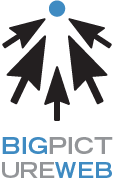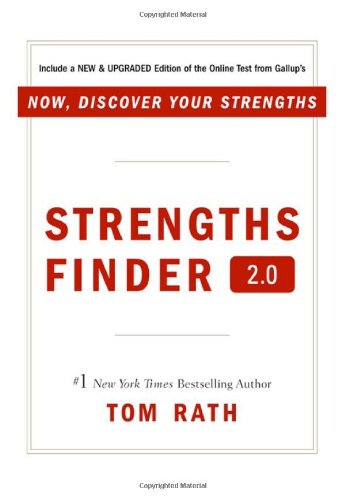Your personal brand is all about you, so doesn't it make sense that any personal branding plan should begin with an honest look at yourself? As intuitive as this may sound, it's easier said than done because we tend to be pretty poor judges of our own capabilities and inadequacies. Fortunately, there's a secret first step you can take to bypass our natural limitations and create your own killer personal branding plan.
Effective Personal Branding Plans: First Thing's First
If you've followed the evolution of today's workforce, you've likely recognized the importance of differentiating yourself from everyone else and now you've decided to create a personal branding plan. Many articles will tell you how important a personal brand is, but what's the best way to start?
A personal branding plan requires knowing thyself.
Self-awareness was the first item on a Harvard Business Review article's list of tips on leadership and personal branding. Doing some product research to understand what you're working with will help you nail your positioning, your mission statement, and so much more down the road.
But acquiring self-awareness isn't as simple as reading a book. Hang with me through the next section as we dip briefly into the world of neuroscience to understand why self-awareness is easier said than done, and what you can do about it.
The Tricky Thing About Self-Awareness
Brands are all about emotion and our collective thoughts, feelings, and ideas we have towards a product or company. Amazon Prime the service is free two-day shipping for an annual flat-rate fee, but Amazon Prime the brand is a magical bringer of joy and new things. Emotions are much harder to define, which can present a problem when trying to better understand the brand of you.
Why do we struggle to define our feelings? Let's turn now to a brief lesson in neuroscience and how our brains work. Our brains interpret emotions and produce feelings a different area than they process and interpret language. Our limbic system, driven by the amygdala, produce the neurotransmitters that manifest into emotions and feelings, while the Wernicke's area is responsible for communicating coherent ideas and language comprehension.
Getting these two areas to talk can be a challenge. In fact, men are thought to be less emotional and intuitive on average because we have less circuitry dedicated to bridging the gap between these areas. How can you put a personal branding plan together when you don't have the required vocabulary?
Clearly, we could all stand to use some help and a more formal way to understand ourselves. At last, we've come to our secret personal branding plan weapon.
The Secret First Step: StrengthsFinder 2.0
Based on a 40-year study of human strengths, Gallup created a list of the 34 most common talents and developed an assessment to discover and describe these talents. StrengthsFinder 2.0 costs less than $15, and is the very best way to put the essence of what makes you special into words, and then into action.
The book itself is not really much of a book, and more of a handful of pages that describe what StrengthsFinder 2.0 is and how to use it, followed by a glossary of all 34 strengths and what they mean. In the back of the book, you'll find a code that allows you to take the online Clifton StrengthsFinder assessment. It takes about 20 minutes, and when you're finished, you'll see your top 5 strengths, which can then go on to be the cornerstone of your entire personal personal brand. Seriously, consider buying it right this minute if you're serious about your personal brand.
All great brands recognize and stay true to the attributes set forth in their brand identity guidelines. Think of your fives strengths as the core personality traits of your own personal brand, and you've just unlocked the secret first step to a killer personal branding plan.
In future articles, I'll cover how to use the knowledge of your strengths to fully build out your personal brand -- from the big things like your personal branding mission statement to the little things like which fashion accessories best support your personal brand.
Have you taken the StrengthsFinder 2.0 assessment? I'm Maximizer, Futuristic, Activator, Communication, and Strategic. What are you, and how does the knowledge of your strengths help you understand yourself and how your relate with others? I'd love to hear your thoughts and opinions in the comments below.



